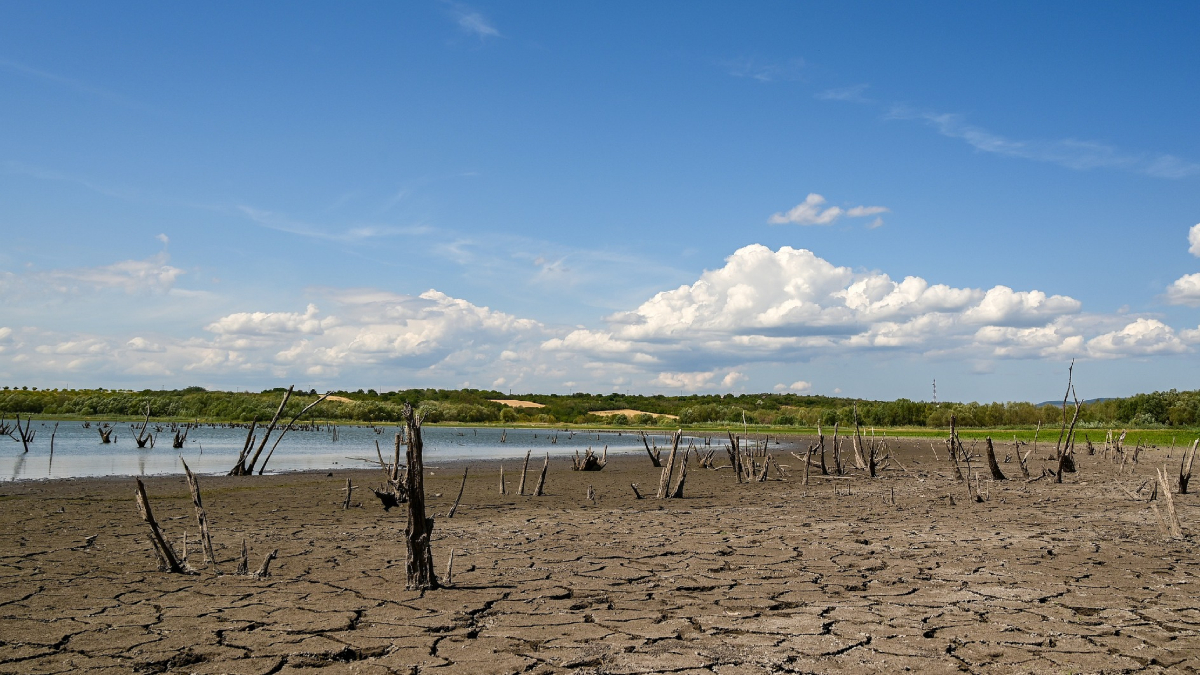A new report from the World Resources Institute (WRI) highlights the severe consequences cities could face if global temperatures continue to rise at current rates, potentially reaching 3 degrees Celsius above pre-industrial levels. The findings suggest that urban areas will struggle with prolonged heatwaves, surging demand for air conditioning, and increased risk of diseases, making life in cities unsustainable.
The WRI study, which examined nearly 1,000 major cities, reveals that the effects on these cities—home to around 2.1 billion people—will be far worse at 3°C of warming compared to a 1.5°C scenario. “At 3 degrees C of warming, many cities could face month-long heatwaves, skyrocketing energy demand for air conditioning, as well as a shifting risk for insect-borne diseases—sometimes simultaneously,” the authors noted.
These findings come as global efforts to curb climate change fall short of the 1.5°C target set by the 2015 Paris Agreement. According to current climate pledges, warming is on track to hit 2.9°C, a figure that researchers say could be catastrophic for cities worldwide. “The difference between 1.5 degrees C and 3 degrees C has life or death consequences for billions of people worldwide,” said Rogier van den Berg of the WRI.
Fast-growing cities in low-income countries, particularly in Africa and Asia, are at the greatest risk. By 2050, two-thirds of the global population will reside in urban areas, and over 90 percent of that growth will occur in these regions. “People living in low-income cities will be the hardest hit,” the report stressed.
In the face of these threats, cities must undergo significant transformations to mitigate climate impacts. Robert Vautard, co-chair of an IPCC working group, emphasized that most cities are not yet fully developed, presenting an opportunity for “transformation at the root.”
The report also highlighted that the longest annual heatwave in major cities could extend from 16.3 days at 1.5°C to 24.5 days at 3°C. This increase in extreme heat would drive up energy demand for air conditioning. For example, Johannesburg would experience a 69 percent higher demand for cooling at 3°C, exacerbating existing water and electricity shortages.






